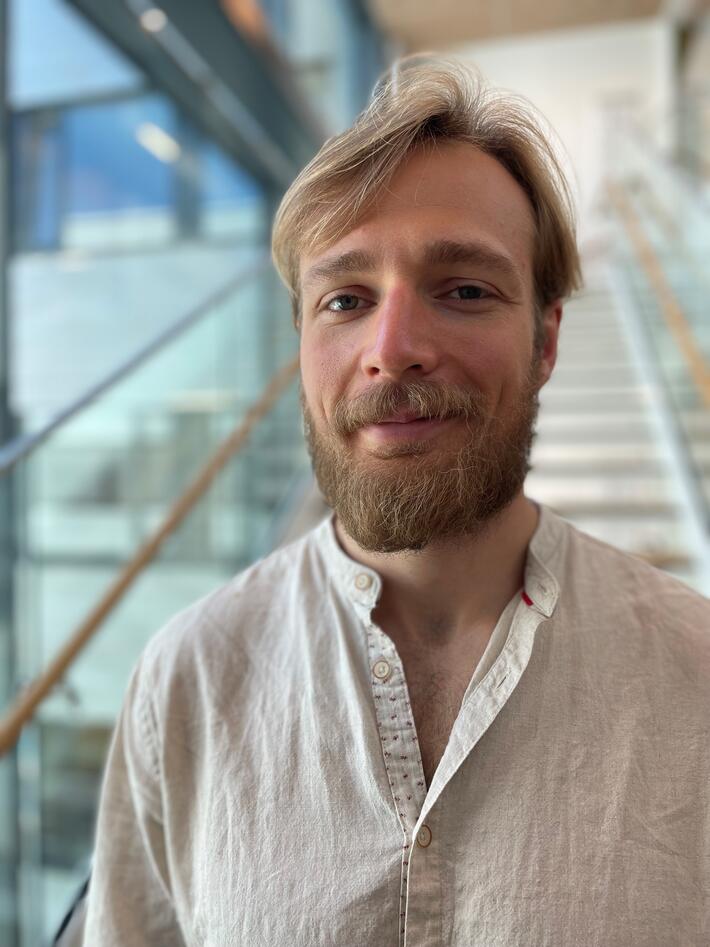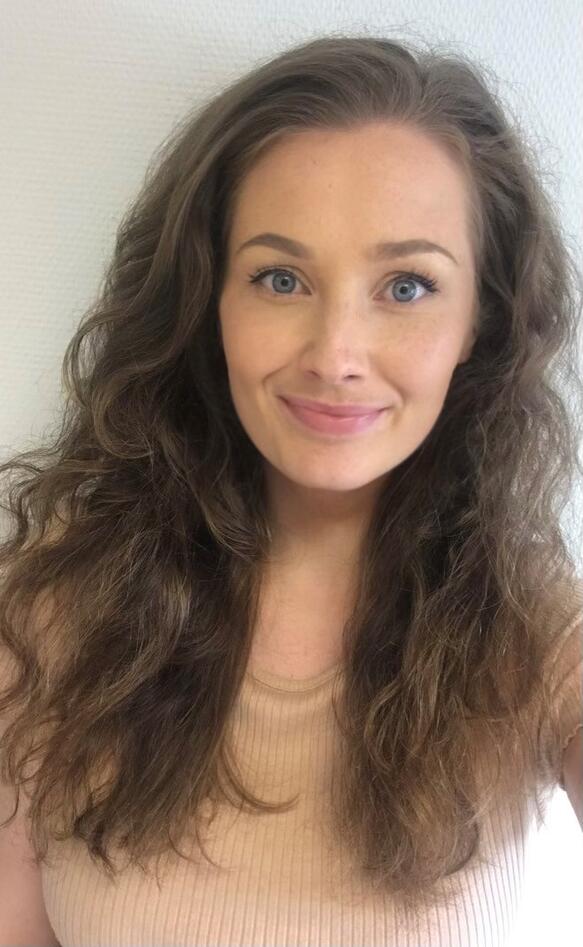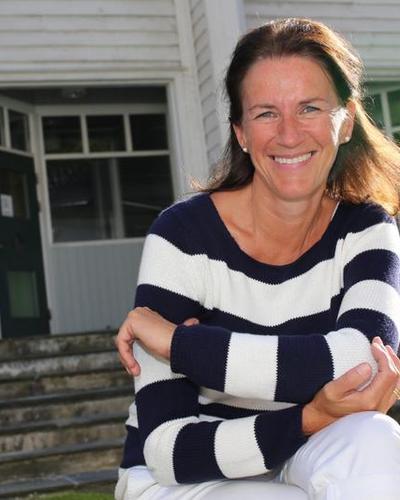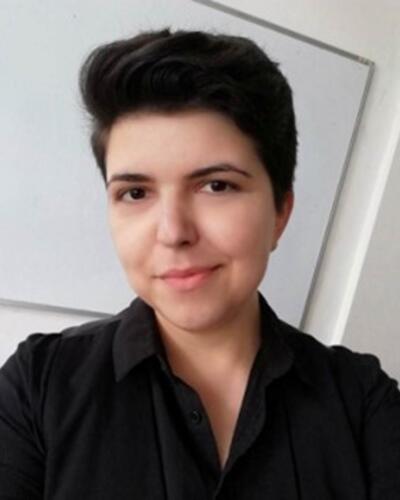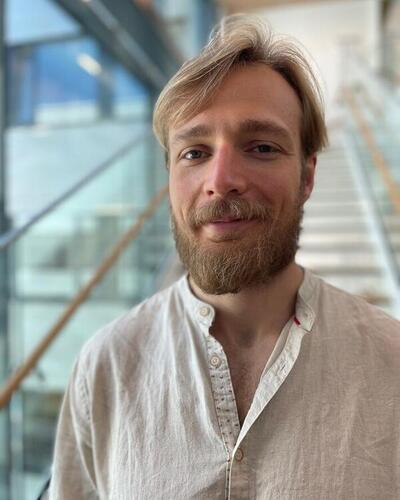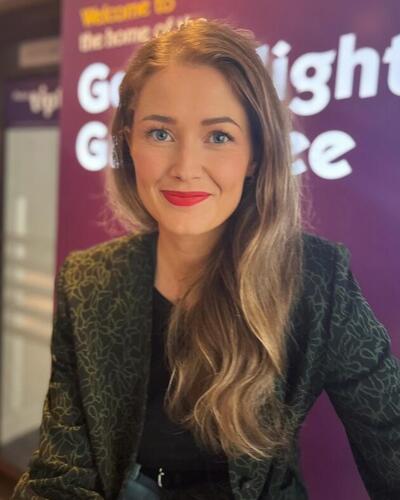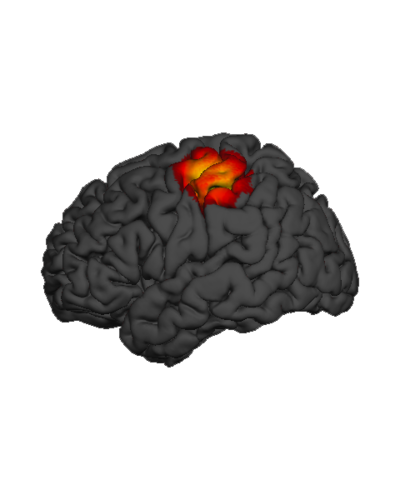Measuring the advantages of an active life
The project “ActiveAgeing” will rely on smart technologies and interviews to find out how we can have a better and safer ageing. The project started with a first data collection in Winter 2021 and will begin the second one in Autumn 2022.

Main content
Paradigm shift with ActiveAgeing
SEFAS will address the future challenges of elderly care with ActiveAgeing. Until 2050 it is expected that the number of people with dementia and Parkinson’s syndrome, while Norway is in need of many more healthcare workers. While 1 of each 7 works in healthcare today, we need an increase to 1 of each 3 before 2050. Therefore, being able to empower individuals to take care of themselves is an increasing need.
ActiveAgeing aims to document the benefits of an active life by using technologies that collect data passively, while the participants have their normal daily life. The project has two sub studies: Helgetun and DIGI.PARK. Both parts will explore digital phenotyping using wearable technology for different participants: healthy elderly people at Helgetun and persons with Parkinson in DIGI.PARK.
- I hope we can encourage elderly people to be more active, discover factors for optimal age and make possible to detect diseases earlier, says Haakon Reithe. He is employed as PhD candidate in the project.
Helgetun – a unique living project for seniors
Helgetun is an innovative ad unique residential project that aims to foster active ageing with facilities to increase physical, mental and social activities. The goal of the project is that the residents manage to live at home longer, with better physical and mental health. The setting is composed of 31 modern apartments, located at a nature-based environment in Sædal, in the outskirts of Bergen.
In Helgetun, the residents can participate in several group activities such as choir, hiking, bridge and dancing, collaborate with the Steiner-style kindergarten “Eplekarten”, work at a farm, and support their neighbours in the Helgeseter senior centre. Among the facilities, there is a common room for social activities and a greenhouse for occasional cultural arrangements.
Elise Førsund is employed as a doctoral fellow on the Helgetun part of the project and will research the residents over the next few years this living arrangement and the implementation of smart technology in older adults. Among other things, she wants to investigate how living in a community, where the residents help and motivate each other, affects their activity level and quality of life. A combination of quantitative (from smart devices) and qualitative (from interviews) data will be collected from Helgetun to get a comprehensive picture of how the form of housing affects the aging of the residents.
Interdisciplinary collaboration
Monica Pătraşcu is a systems engineer with long experience with artificial intelligence and control systems. She is motivated to apply knowledge discovery and digital signal processing to detect patterns in the data that show us information about the lifestyle and symptoms of elderly people.
Qualitative research
To find out how the living environment at Helgetun works in practice, voluntary residents have been interviewed in two sessions. The aim of this qualitative research is to obtain rich and detailed data about the living environment based on the residents’ experiences. In upcoming articles, we explore:
- How this way of living can facilitate active ageing
- The influence on physical activity levels and social engagement
- The motivation to seek out and move to such an innovative housing project
- The expectation of, and the experience with, the living environment
- Implementation of smart technology for healthy elderly people living in this type of housing
Quantitative research - DIGI.PARK
In DIGI.PARK, we plan to use smart technology to measure movement, heart rate, stress, and temperature, to provide a richer understanding of a variety of different diseases. In collaboration with the Center of Excellence "Neuro-SysMed," at Haukeland University Hospital and the University of Bergen (UiB), we aim, among other things, to focus on Parkinson's Disease (PD). The central symptoms of the disease include slowness of movement, tremors, and rigidity, along with a range of other movement-related symptoms. Additionally, the disease develops very individually, and people with PD experience significant fluctuations in symptoms, making the disease very challenging to measure and assess with current methods. Wearable smart technology, combined with diary data and clinical measuring tools, will be used to log symptoms of Parkinson's disease. These data will lay the foundation for algorithms and analysis methods intended to measure movement symptoms more precisely over time in people with PD living at home.
Utilizing the Oura Ring, Fitbit Sense, and Empatica E4, Active Aging will examine movement patterns and a variety of physiological targets in older adults with and without PD in their daily lives.
